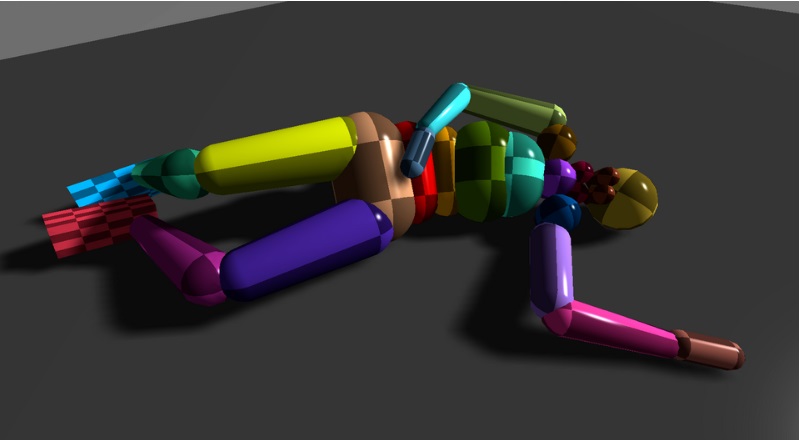
Physics, often regarded as one of the most challenging subjects, is the cornerstone of understanding the natural world. From the motion of planets to the interaction of subatomic particles, physics helps explain the fundamental principles that govern our universe. Despite its reputation for difficulty, success in physics is achievable for any student with the right mindset, strategies, and study habits. This comprehensive guide will explore how to improve in physics effectively, regardless of your current level.
1. Understand the Nature of Physics
Physics is Conceptual and Mathematical
Before diving into strategies, it's crucial to appreciate what physics entails. Unlike subjects that rely heavily on memorization, physics is rooted in understanding concepts and applying them mathematically.
Interconnected Knowledge
Physics topics build on one another. You can't fully grasp thermodynamics without a solid understanding of mechanics, or electromagnetism without algebra and calculus.
2. Adopt the Right Mindset
Embrace a Growth Mindset
Many students struggle because they believe they are "not good at physics." Adopting a growth mindset - the idea that ability improves with effort and persistence - is essential.
Be Curious, Not Just Goal-Oriented
Strive to genuinely understand how things work. Curiosity fuels deeper learning and makes the subject more enjoyable.
3. Strengthen Your Mathematical Foundation
Physics is inseparable from math. Focus on:
- Algebra: Essential for manipulating formulas.
- Trigonometry: Key in vector decomposition, waves, and forces.
- Calculus: Important in advanced physics for understanding motion and change.
- Graphs and Functions: Crucial for interpreting motion and data.
4. Master the Basics
Foundational topics like Newton's laws and energy conservation are the bedrock of physics. Revisit them often and explain them in simple terms.
5. Active Learning Over Passive Reading
Reading textbooks isn't enough. Engage actively by:
- Solving problems regularly
- Practicing derivations
- Using the Feynman Technique (teach concepts simply)
6. Use Multiple Resources
Diverse resources provide different perspectives. Try:
- Textbooks: Halliday, Serway, Giancoli
- Online: Khan Academy, MIT OCW, YouTube
- Simulations: PhET
- Apps: Physics Toolbox, Wolfram Alpha
7. Develop a Problem-Solving Strategy
- Understand the problem
- Draw a diagram
- List known and unknowns
- Choose relevant equations
- Solve algebraically, then plug in numbers
- Check units and results
8. Practice Regularly and Reflectively
Deliberate practice targets your weaknesses. Reflect on your process and identify areas for improvement.
9. Form or Join Study Groups
Collaborative learning helps solidify understanding. Explain ideas, ask questions, and challenge each other constructively.
10. Seek Help Early and Often
Don't let confusion pile up. Get help from teachers, tutors, or online forums like Stack Exchange or Reddit.
11. Use Flashcards for Conceptual Facts and Formulas
Flashcards reinforce memory. Use them for definitions, formulas, units, and constants. Try spaced repetition tools like Anki.
12. Integrate Real-World Context
Link theory to practical examples - mechanics in sports, thermodynamics in cooking, optics in cameras - to deepen understanding.
13. Improve Your Visualization Skills
Sketch often, use simulations, and practice visualizing forces, motion, and fields to enhance spatial reasoning.
14. Analyze Past Exams and Practice Papers
Practice under timed conditions. Review patterns in questions and solutions to improve exam performance.
15. Stay Organized and Consistent
Make a study plan, keep notes tidy, and review regularly. Consistency beats cramming.
16. Balance Studying with Rest and Reflection
Rest supports learning. Take breaks, sleep well, and reflect daily on what you've learned.
17. Prepare for Labs and Experiments
Read lab instructions ahead, understand objectives, and be precise in data collection. Labs build real-world intuition.
Conclusion
Improving in physics is about using effective strategies and committing to steady, deliberate practice. With curiosity, consistency, and a solid foundation, anyone can succeed. Keep exploring, questioning, and connecting concepts - and you'll find that physics becomes not just manageable, but deeply rewarding.
You can learn these concepts and more at Dr Hock's maths and physics tuition.